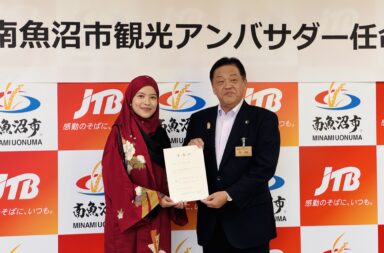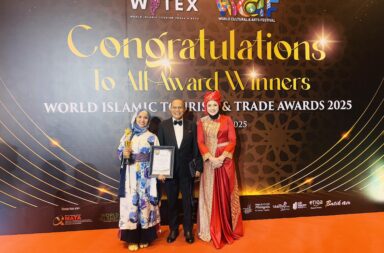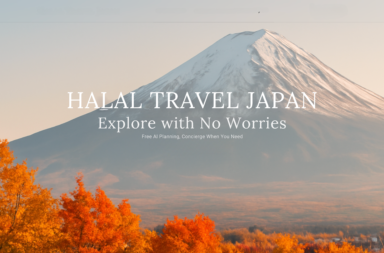This post is also available in: Indonesia
How Japanese Muslims Deal with Islam Teaching or Halal in Their Lifestyle?
Today, we conducted an interview with a female Japanese university student who recently became a Muslim. We talked about her daily shopping habits and her opinion about shopping for Halal foods.
From the interview, we want to figure out her opinion about Halal foods in Japan related to her background that was born and raised as a non-Muslim Japanese as well as herself as a new Muslim.
*The interview was conducted in Japanese which was then translated to English.
Can you share with us how you do shopping for Halal foods?
If I can’t get something I want at a normal Japanese supermarket, I go to a shop which is run by Muslims. But, to be honest, imported frozen meat is not that good. So, if you want to get 100% made-in-Japan halal-certified meat, I recommend you to buy it from Ajinatori, a company specializing in halal food in Kagoshima. They have halal sausages too and all are very delicious.
Do you have other recommended halal shops?
I purchased items at Baticrom once. It is an online store. They sell not only meat but also snacks like cookies. Of course, in an ordinary supermarket, I’m worried about the ingredients of cookies but not in Baticrom. So, I think it is a good option when I want to send my friends a present.
About your life with family, how do you deal with Halal food at home?
I told my family that I don’t eat pork, but it is still hard to tell them that no meat for me. Beef and chicken are served when we have a family gathering and actually, I’m worried about how they will react if I tell them that I can’t eat meat. It is very hard for me to decide what to do, to eat halal meats only, or depending on the situation, eat non-halal meat.
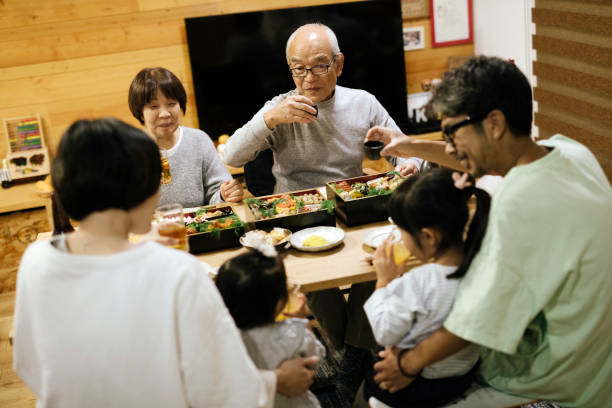
Of course, I do my very best not to eat non-halal meat and I choose halal meat when I have the options. If I find a Halal mark, I think “lucky! ” and in the meantime, I don’t feel guilty for eating non-halal meat. If my family buys non-halal food, I have it too. I know that I should change this, but while I’m living with my family, it’s an adjustment stage for me, I should be grateful for the fact that my family cooked for me.
What standard do you have when doing the shopping?
I avoid pork and pork meat extract such as gelatin. For example, if the package of instant noodles says, “includes animal-based fats”, this fat often contains pork.
Is it hard to check the products that you cannot judge at first glance?
That’s right. I went to the supermarket the other day, and something surprising happened. I looked at the package of fish sausage that I often eat and found it has meat in it! Even though it says”fish” sausage! I think they use meat to add richness. It takes me a lot of time to check each product so, in the meantime, I tell myself, “Little by little”.
Do you find it challenging to live in a rural area as a Muslim?
I feel it’s inconvenient to get meat with a halal mark in the normal supermarket. My friend who is living in a local city is hardly ever eating meat since coming to Japan because looking for halal meat is extremely difficult. So he said, “I can live without eating meat” and gets nutrition from protein drinks.
How do you find information about Halal products?
Well, I get some information about halal from my friends and also the internet. I thoroughly searching information when I am going to go traveling to find halal places. Articles from the Food Diversity homepage are very informative. For example, halal motsunabe which was introduced on the website was tasted very good.
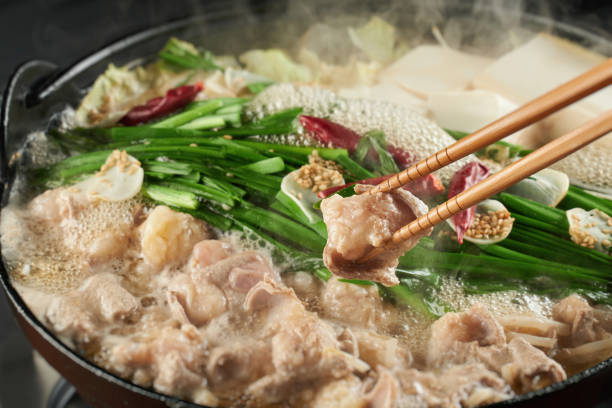
Motsunabe
Do you have any messages for our readers?
I think that being careful about Halal food is your own decision. So, people around Japanese Muslims should not say anything if the Japanese Muslim compromises. I want people, not only non-Muslims but also new Muslims, to understand converting to Islam is not very tough. Some people tend to think of Islam as strict, but Islam is a free religion and just a little bit being organized compared to life before reverting. So, I think it’s okay to change your life little by little at your own pace because following halal is essential for getting closer to God, not the only thing Islam teaches.
Lesson From The Interview
Although the image of “Islam = Halal” is spreading and the availability of Halal food is increasing, Muslims in rural areas still facing many inconveniences. On the other hand, Japanese Muslims are concerned with the strong image of restrictions to non-Muslim and new Muslims.
With the interview, we found that each Muslim has a different approach to Islam, and no one else should decide whether or not these approaches are correct. One of the approaches is “how you follow Halal”. Of course in some cases, halal certification is important for Muslims and non-Muslims to enjoy eating together.
Furthermore, living with respect to each other’s beliefs is extremely necessary.
See Also
Must See! This is How to Proceed Reverting to Islam in Japan (Mu’allaf)
Muslim Communities in Japan
Muslim Living in Japan; a Young Japanese Muslim-Born
